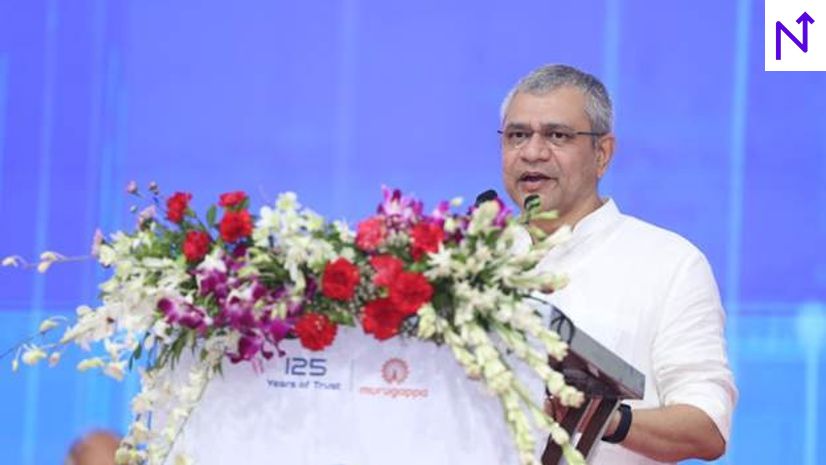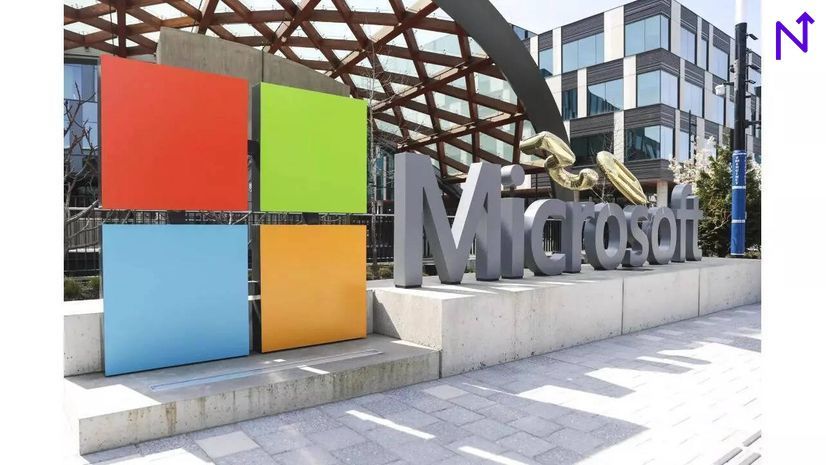Economy NEWS
India's First 'Made in India' Chip Launch

By Mehul Pathak
02 Mins read | Updated on August 30, 2025
Summary
Union Minister inaugurates semiconductor plant in Gujarat, marking a significant step in India's semiconductor journey and supporting the Atmanirbhar Bharat vision.

Union Minister of Electronics and Information Technology, Shri Ashwini Vaishnaw, together with Gujarat Chief Minister Shri Bhupendra Patel, inaugurated India's first end-to-end Semiconductor OSAT Pilot Line Facility at CG Power in Sanand, Gujarat. This event marks a significant milestone in India’s semiconductor journey, aligning with Prime Minister Shri Narendra Modi's vision.
The pilot line's launch signifies a crucial step towards realizing India's ambition in semiconductor design, manufacturing, and downstream capabilities, with Gujarat becoming a central hub in this endeavor. The facility will play a pivotal role in customer qualification for chips, facilitating the transition to full-scale production at commercial plants. This inauguration is a key achievement under the India Semiconductor Mission, which has already sanctioned ten projects.
The initiative also emphasizes the importance of nurturing a skilled workforce. The India Semiconductor Mission aims to address the projected global shortage of one million semiconductor professionals by 2032. To achieve this, the government has collaborated with 270 universities to provide advanced semiconductor design tools, empowering Indian youth and positioning the country as a global semiconductor talent hub.
The CG Semi OSAT Facility in Sanand, Gujarat, is among India's first full-scale Outsourced Semiconductor Assembly and Test (OSAT) plants, enhancing the nation's semiconductor capabilities. With an investment exceeding ₹7,600 crore (~USD 870 million) over five years, CG Semi is developing two cutting-edge facilities in Gujarat to cater to traditional and advanced packaging technologies.
The G1 facility, inaugurated recently, will operate at a maximum capacity of around 0.5 million units per day, handling end-to-end chip assembly, packaging, testing, and post-test services. Additionally, the G2 facility, currently under construction, is expected to be operational by the end of 2026, scaling up to process approximately 14.5 million units daily. This venture is anticipated to create over 5,000 direct and indirect job opportunities.
With a team backed by over 1,000 years of combined experience in semiconductors, CG Semi is poised to contribute significantly toward India's semiconductor manufacturing and design capabilities. By sending engineers and technicians for hands-on training, the company aims to achieve a faster learning curve for high-volume operations and strengthen the Atmanirbhar Bharat vision.
In conclusion, the inauguration of India's first end-to-end Semiconductor OSAT Pilot Line Facility at CG Power embodies a remarkable feat in India's semiconductor sector. This advancement not only strengthens the nation's self-reliance but also propels India towards global leadership in semiconductor design and manufacturing.







